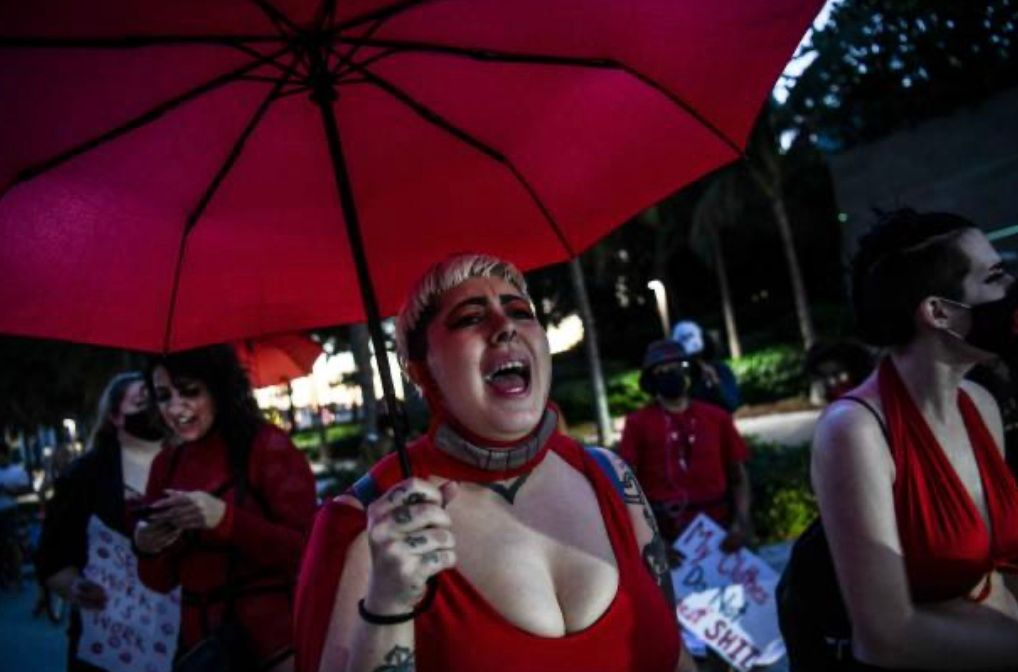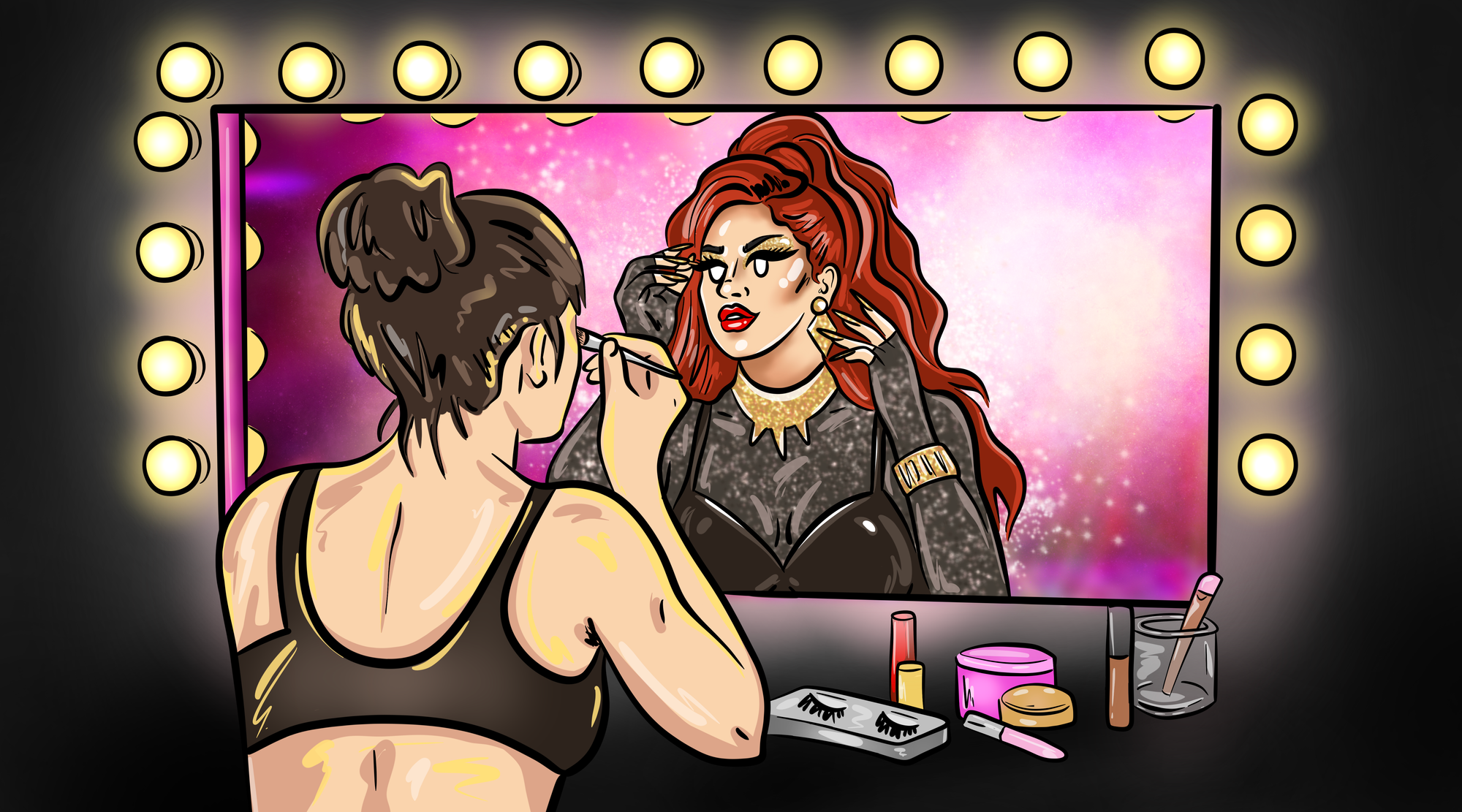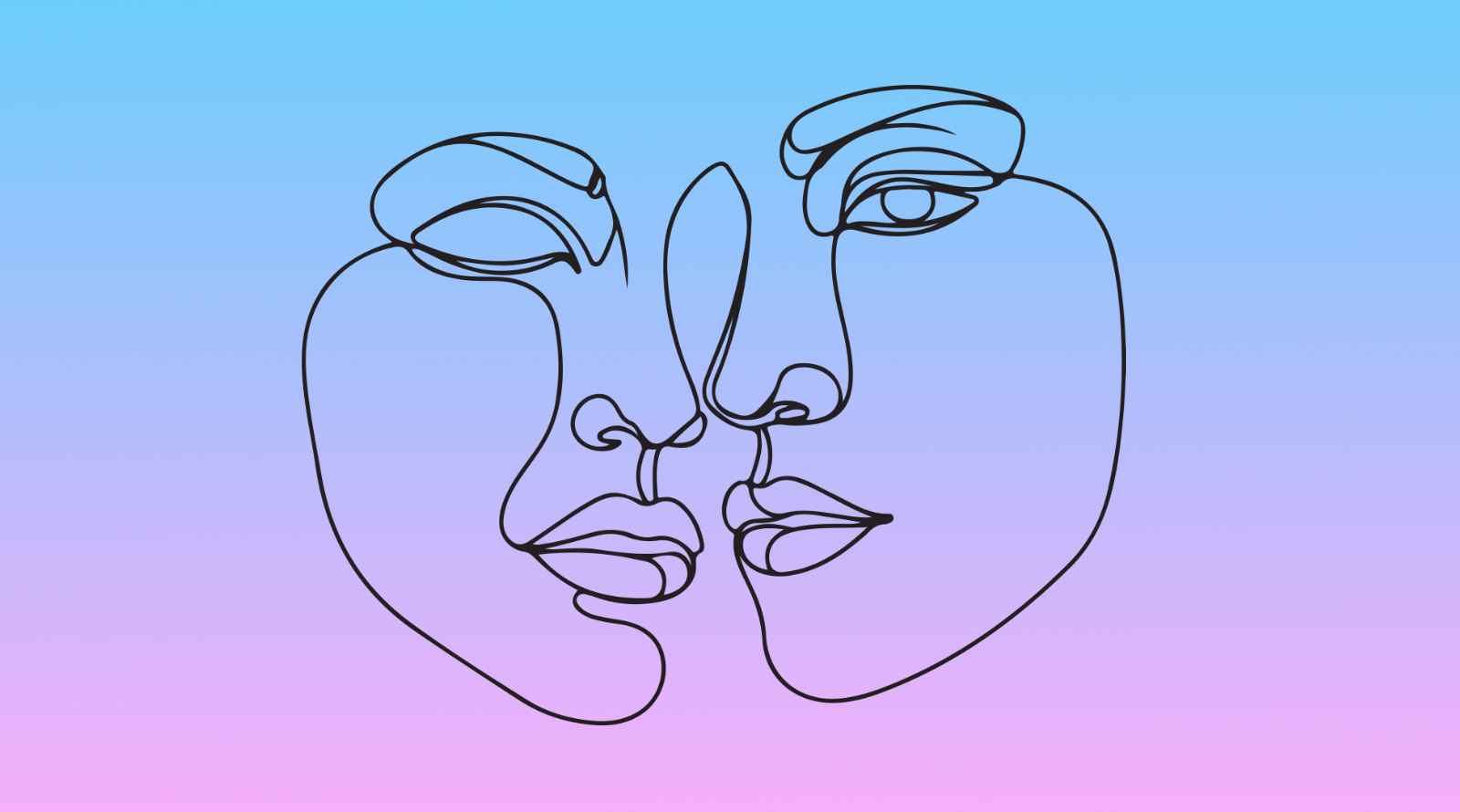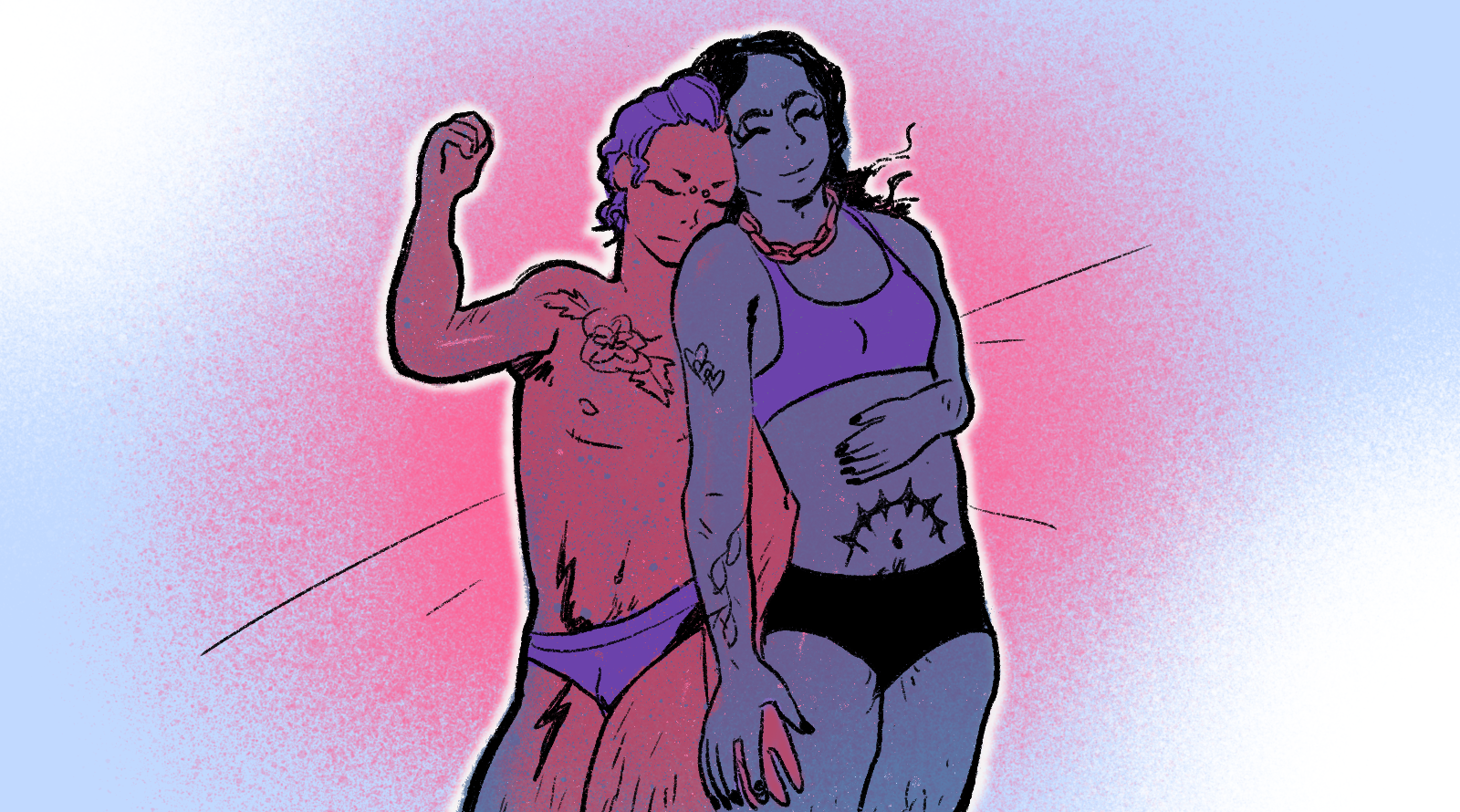Drag and sex work have long and intertwined histories, both rooted in resistance, performance, and survival, especially within marginalized communities.
Drag traces its origins back to the theater in the 16th century, where men performed in women's roles due to restrictions on women performing. Over time, drag evolved into a vibrant art form, often used by LGBTQ+ individuals to express identity, subvert gender norms, and provide social commentary. By the 20th century, drag culture became central to queer communities, particularly in underground ball scenes like those in Harlem during the 1920s and 30s, which were spaces for Black and Latinx LGBTQ+ individuals to challenge mainstream society.
Sex work has existed across cultures and eras, often providing a source of income for marginalized people, especially women and LGBTQ+ individuals, who face economic and social exclusion. Throughout history, sex workers have been both stigmatized and criminalized but have also been at the forefront of advocating for rights, safety, and decriminalization.
Drag and sex work have long and intertwined histories, both rooted in resistance, performance, and survival, especially within marginalized communities.
In recent history, drag performers and sex workers often shared common spaces and struggles, especially in queer nightlife. Both groups have been central to movements for LGBTQ+ rights and harm reduction, pushing for social justice and legal reforms while using performance and visibility as forms of activism.
Drag bans have emerged as a form of legal and social control aimed at restricting gender expression and performance, particularly targeting the LGBTQ+ community. These bans have roots in both anti-crossdressing laws and moral regulations designed to police public decency.
19th and early 20th centuries: Many U.S. cities enacted anti-crossdressing laws, criminalizing anyone wearing clothing "not belonging to their sex." These laws were often used to target queer and transgender individuals, as well as drag performers, with arrests justified under the guise of public decency and morality.
1950s-60s: During the McCarthy era, drag performers – along with the broader LGBTQ+ community – faced heightened surveillance. Police raids on gay bars were common, with arrests made under anti-crossdressing laws and "lewd conduct" statutes.
Stonewall Uprising (1969): The police raid on the Stonewall Inn in New York targeted the LGBTQ+ community, including drag queens and transgender individuals. This marked a turning point in the fight against anti-LGBTQ+ policing, sparking the modern LGBTQ+ rights movement.
Late 20th century: While anti-crossdressing laws began to be repealed, the social stigma and legal challenges continued, especially as drag became more visible through the media and cultural events like Pride parades.
2020s: In recent years, a resurgence of drag bans has occurred in parts of the U.S., particularly in more conservative states. These laws are often framed as protecting children from "adult performances", and have specifically targeted drag story hours and other public drag performances. Advocacy groups argue these bans are thinly veiled attempts to roll back LGBTQ+ rights and freedom of expression, linking them to broader efforts to restrict transgender rights.
Many Trans individuals perform in drag, highlighting the deep connection between Trans rights and sex worker rights. These communities are inextricably linked, as both face systemic discrimination and criminalization. Laws targeting Trans and Queer individuals inevitably have a ripple effect on sex workers, and vice versa. The same societal forces that marginalize Trans people also seek to police and control the lives of sex workers, making it clear that these struggles for justice and equality cannot be separated.
Sex work is not just a job; it is inherently political, much like being LGBTQ+ is political. We cannot turn a blind eye for the sake of a bag. The legacy of queer sex workers leading the charge in every major movement for justice cannot be overlooked. We are more than just workers — we are activists, organizers, and advocates. It is our duty to stand up for what is right, especially when met with resistance. Our history is one of resilience and rebellion, and it demands that we continue to fight for our communities and push back against systems of oppression.
Many Trans individuals perform in drag, highlighting the deep connection between Trans rights and sex worker rights.
The system wants us to believe that these issues don't intersect, pushing us toward an individualistic view that isolates us from our communities. But the truth is, if we sit back and do nothing, the state will ensure our collective downfall. Our struggles are inseparably linked — your fight is my fight, and my fight is yours. They know that if we stay divided, we become weaker. But united, we are unstoppable. It is only through solidarity and collective action that we can resist and create lasting change.
As of now, there are 31 anti-LGBTQ+ bills introduced across the U.S., with 108 additional bills advancing through Congress. These bills are not isolated attacks — they are part of a broader effort to erode our rights, our visibility, and our autonomy. Every step toward restricting gender expression or criminalizing sex work is a step toward dismantling the progress we’ve fought so hard to achieve.
The truth is, this fight is far from over. Whether you're a drag performer, a sex worker, or simply someone who believes in justice, now is the time to take action. Reach out to your community, support those on the frontlines, and challenge the laws and norms that seek to erase us. Show up at protests, contact your representatives, and most importantly, speak out — whether it's through art, activism, or everyday conversations.
Our histories are woven with defiance, resilience, and solidarity. Together, we have the power to not only push back but to build a future where all of us can exist freely, without fear or shame. The fight for drag, for sex workers, and for the entire LGBTQ+ community is the fight for our collective liberation.
We owe it to those who came before us and to the next generation to keep resisting, keep thriving, and keep fighting — for none of us are free until we all are.
Are you a sex worker with a story, opinion, news, or tips to share? We'd love to hear from you!
We started the tryst.link sex worker blog to help amplify those who aren't handed the mic and bring attention to the issues ya'll care about the most. Got a tale to tell? 👇☂️✨




